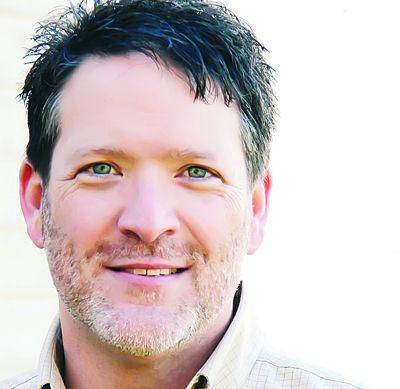On Dec. 10, 1968, one of the great contemporary mystics died at only 53 years of age. Thomas Merton – Trappist monk, spiritual master, and leader of interfaith understanding – was gone much too soon. His influence, however, will continue; and it is easy to see why this is the case.
He had a keen, curious mind. He had unearthly insights when it came to the practice of prayer and spirituality. His was a clarion voice of justice for the poor, the forgotten, and the marginalized. He understood the path of peace – inner and outer – like only a handful of others in the previous century.
But it was his personal journey that many find most compelling. His mother died when he was young, leaving a gaping hole inside of him. Merton’s father, a talented though eccentric artist, was largely absent, intensifying the boy’s loneliness. Volleyed between extended family, continents, and boarding schools, Merton never had a place to call home.
The emptiness drove him toward self-destruction. Heavy drinking. Promiscuous relationships. Frivolous spending of money. Anxiety and rage. But in the midst of this recklessness, like the Prodigal Son coming to his senses, Merton came to Christ. It was profound, redeeming, and life-changing.
Immediately, he tried to become a Franciscan priest, but was rejected by the ecclesiastical authorities because of his messy past. Merton retreated to a small monastery, Gethsemani, near Bardstown, Kentucky. He would eventually join that order, his sincerity overcoming the foolishness of his youth. He remained there the rest of his life, writing from a small hermitage on the property, and it is there he is buried. Buried, but not dead.
You can explore Merton’s life in full, as he wrote some four dozen books (many quite dense), and there are dozens more about him. But if he did nothing else than pen what is now called, “The Merton Prayer,” he did enough. Honest and searching, it is Merton at his best, and if you are like me, you will find yourself returning to it time and again.
He prayed:
“My Lord God, I have no idea where I am going. I do not see the road ahead of me. I cannot know for certain where it will end. Nor do I really know myself, and the fact that I think I am following your will does not mean that I am actually doing so. But I believe that the desire to please you does in fact please you. And I hope I have that desire in all that I am doing.
“I hope that I will never do anything apart from that desire. And I know that if I do this you will lead me by the right road, though I may know nothing about it. Therefore will I trust you always though I may seem to be lost and in the shadow of death. I will not fear, for you are ever with me, and you will never leave me to face my perils alone.”
Amen.
Ronnie McBrayer is a syndicated columnist, blogger, speaker and author of multiple books. His website is ronniemcbrayer.org.

